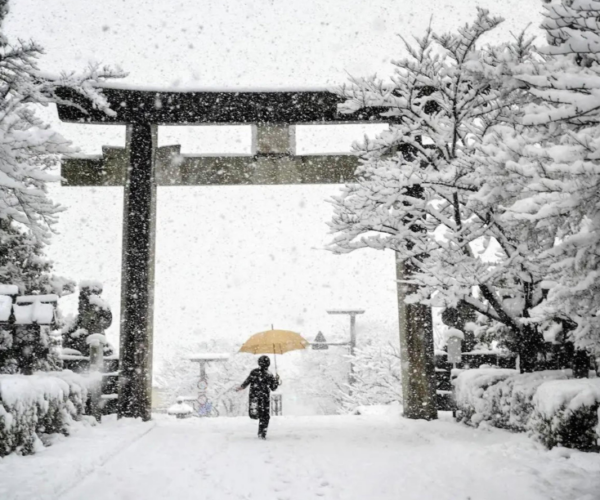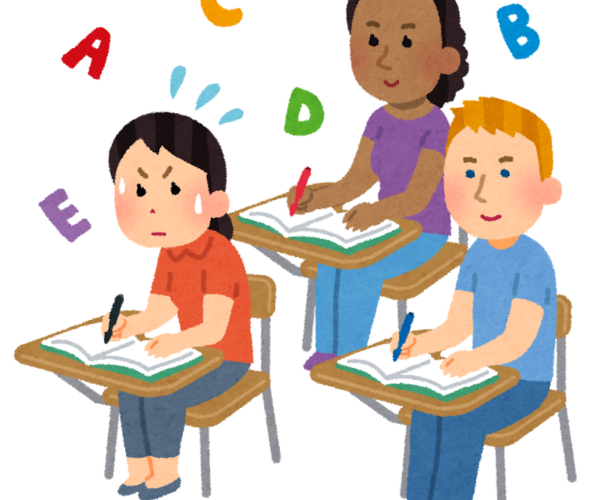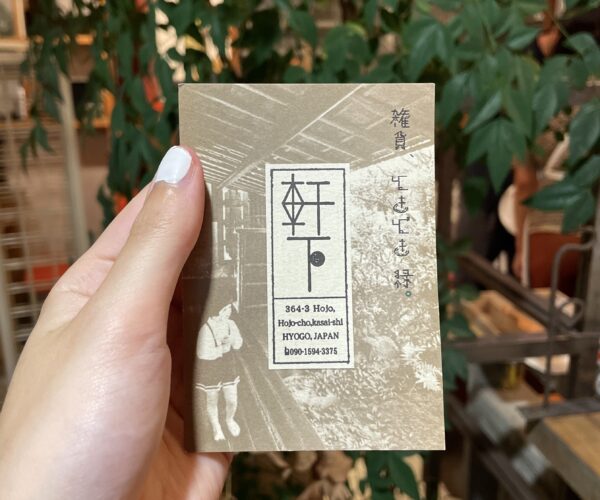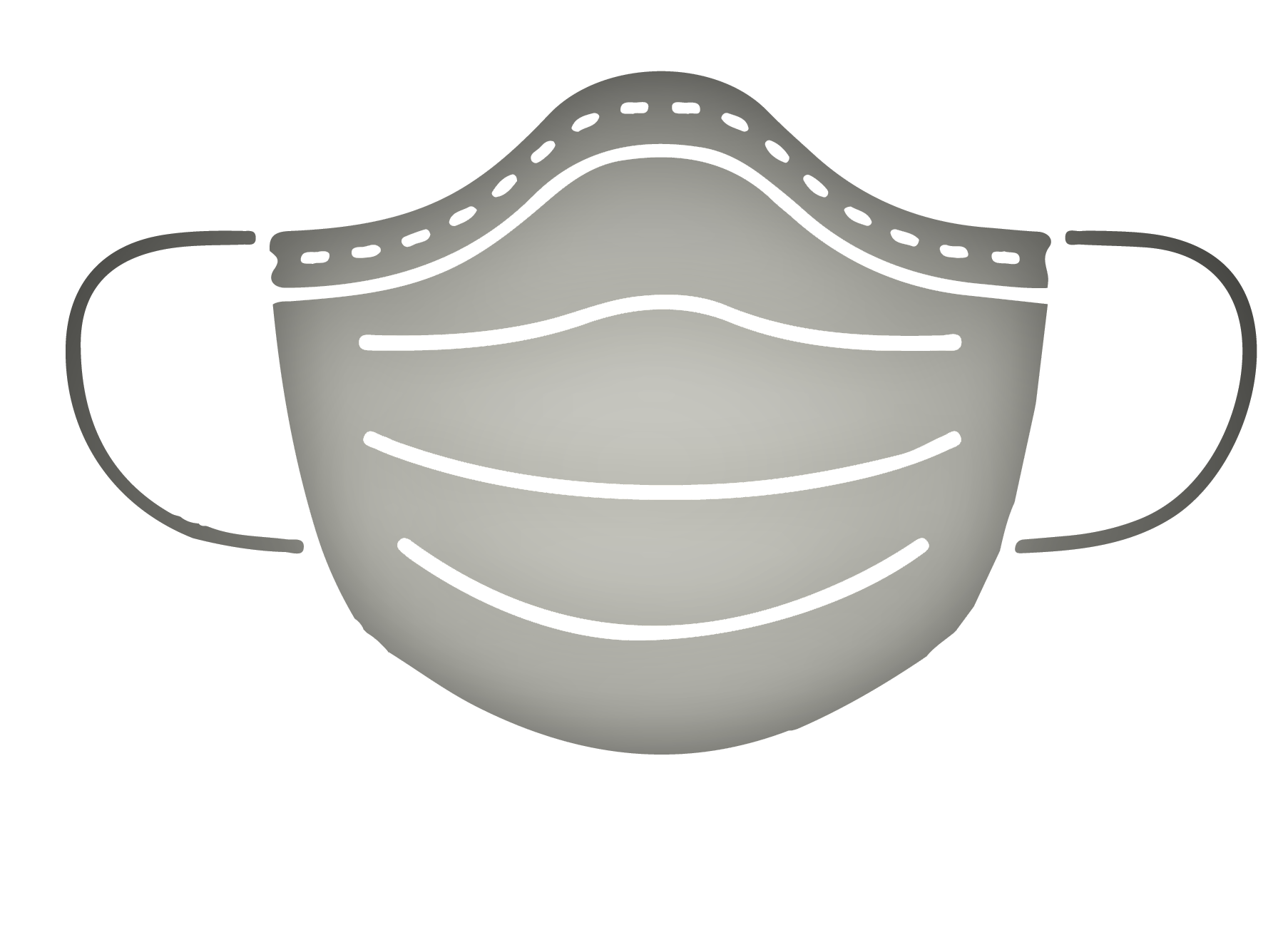This article originally featured in the September 2020 issue of Connect.
Christian Palmer (Yamaguchi)
Anxiously gripping my cell phone, I waited for a call that would determine the next chapter of my life. The sudden vibration in my hands caused my heart to race.
“Hello,” I said, trying to remain calm. “Hello, Christian. Thank you for your willingness to support our charity organization. Unfortunately, we regret to inform you that we currently aren’t accepting any volunteers.”
After being declined for the seventh time this week, I felt defeated. The burden of rejection had become frustrating, hopelessness sinking in as opportunities faded away.
My last resort was collaborating with the U.S. Department of State to develop an independent volunteer project called Project Hiro, but this seemed unlikely considering the number of times I was rejected. Could you believe they were the first to accept my offer of local volunteer work? Now I am working on a project to support thousands of children and teachers throughout the prefecture of Yamaguchi.
My name is Christian, and I would like to share the arduous road I took to protect my community from COVID-19.
NO TRIAL, ALL ERROR
Initially, my focus in developing Project Hiro wasn’t to mitigate the spread of COVID-19. As a humanitarian, I pursue various activities to support my community while simultaneously promoting international exchange. I acquired this characteristic through the endless support I received by the faculty of my Japanese Studies program throughout high school and university. They would always go above and beyond to serve the community, and so I was inspired to seek opportunities to do my part regardless of where I am in the world.
Despite these good intentions, my efforts were continuously declined. I tried to volunteer in a plethora of festivals, host a charity dodgeball tournament for starving children, and help at an orphanage. Each offer was rejected. I even had meetings with representatives from the culture and welfare institution in my city to learn the process of volunteering. Those meetings at best gave me potential opportunities for the future. However, uncertainty for that future grew as cases of COVID-19 began to spread throughout Japan.
In March 2020, a few people in my city tested positive for COVID-19. Living conditions became dire due to sudden laws passed by the Japanese government. Just as I was finally growing accustomed to life in Japan, normalcy was suddenly robbed from everyone in the city. Worst of all, I noticed signs that my city was unprepared to handle these changes. There were shortages in hand sanitizer, children were reusing masks made from paper towels, and COVID-19 prevention knowledge was insufficient. I knew I could no longer wait for an opportunity to be handed to me. Taking immediate action was the only solution.
MASKS OF COMPASSION
A colleague and I created emergency mask kits with our own money for children at risk. We managed to distribute them to schools we work at before they were ordered to close. As two foreigners being overly thrilled to volunteer in the countryside, many people were suspicious of our true intent. However, by utilizing our positive relationship with our coworkers, it was easy to convince our boss to allow us to create our own mask kits for students in need. I still remember seeing tears of joy run down a teacher’s cheek as I handed her a stack of mask kits. It was then I felt the importance of being a leader for the sake of the needy. It takes a great amount of character to help others during a crisis, but there is never an excuse to gamble with the lives of other people. It is this philosophy that motivated my colleague and I to create Project Hiro, which is a play on words between the Japanese first name “Hiro” and the English word “Hero.”
WAITING WASN’T AN OPTION
Shortly after our emergency mask-kit project, my colleague was presented an opportunity to work with the U.S. Department of State, utilizing their COVID-19 Rapid Response grant to fund Project Hiro. Our goal was to distribute high-quality reusable masks to all elementary and junior high schools in our city, create an easy-to-understand children’s guide with our unique character, and record a COVID-19 video guide with the help of a US diplomat, the superintendent of education, doctors, and many more. Between my fluency in Japanese and my colleague’s medical expertise, we were able to produce a variety of content directed toward all ages. Although this project is still in progress, we have already received endless appreciation and support from the community. Most importantly, however, I am finally in the position I have been striving for—to support anyone in need.
“I still remember seeing tears of joy run down a teacher’s cheek.”
It was easy falling into the trap of waiting for the opportunity to support my community. When I stopped asking for permission to help and decided to do what I thought was right, people seemed to appreciate me and I was able to assist those in need. By doing so, I was granted more opportunities and developed the social proof necessary to do more projects in the future. Through all these interactions, I was able to bring my community closer together and feel more like a contributing member of society. For anyone unsure of stepping out of their comfort zone, I recommend envisioning your goal, creating a concrete plan, and doing what you think is right instead of waiting for someone to contact you as I did.
Christian Palmer is an Assistant Language Teacher in Yamaguchi from California. He likes to train in Brazilian Jiu-Jitsu in his free time. He plans to pursue a career utilizing both Japanese and English in the future.




